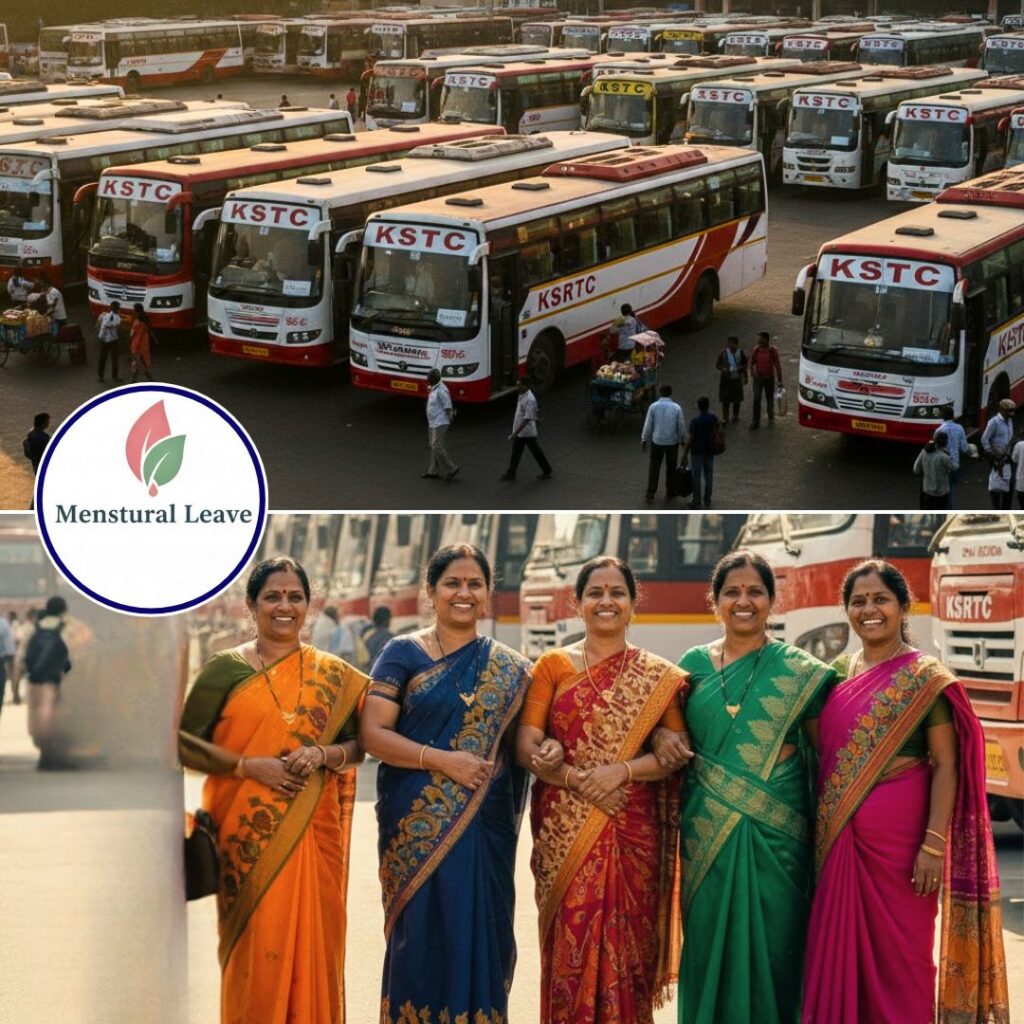The recent controversy surrounding “analogue paneer,” a synthetic substitute for traditional paneer, has ignited discussions about food safety and consumer rights in India. Made primarily from vegetable oils, starch, and milk solids, analogue paneer closely resembles real paneer but lacks its nutritional benefits. This issue gained traction after Zomato faced backlash for selling analogue paneer through its B2B service, Zomato Hyperpure, leading to calls for greater transparency in food labeling.
What is Analogue Paneer?
Analogue paneer is defined as a product where non-milk constituents partially or wholly replace milk components, resulting in a product that mimics traditional dairy products. This raises concerns about the potential health risks associated with consuming analogue paneer, which often contains unhealthy trans fats and lower protein levels compared to authentic paneer made from fresh milk.
Health Risks Highlighted by Experts
Health professionals have raised alarms about the consumption of analogue paneer. While real paneer is rich in protein and calcium, analogue paneer typically contains harmful fats that can lead to cardiovascular issues. Regular consumption of trans fats is associated with various health problems, including insulin resistance, heart disease, and digestive issues like bloating and nausea.
Consumer Testimonials
Many consumers have reported feeling misled after discovering that the paneer they consumed was not authentic. One individual shared their experience of frequent digestive discomfort after eating dishes made with analogue paneer, only to later learn about the product’s synthetic ingredients. Such testimonials highlight the real-world implications of consuming these products and underscore the need for transparency.
Official Statements on the Controversy
In light of the ongoing debate, officials have weighed in on the legality and labeling of analogue products. Critics have likened the sale of analogue paneer without proper disclosure to selling gold-plated jewelry as genuine gold. Authorities have reiterated that while selling analogue products is legal, they must be clearly labeled to protect consumers from being misled about the nature of the products they consume.
Practical Advice from Health Experts
To help consumers make informed choices regarding paneer consumption, health experts recommend several practical tips:
1. Check Ingredients: Always read labels carefully. Authentic paneer should only list milk and an acid (like vinegar) as ingredients. Analogue paneer will often include vegetable oils and starches.
2. Conduct Home Tests:
– Dal Test: Boil the paneer and add some toor dal powder; if the water turns light red after 10 minutes, it may contain urea.
– Iodine Test: Apply iodine on boiled paneer; if it turns blue, starch is present.
3. Observe Texture and Taste: Real paneer should crumble easily under pressure and have a milky aroma. Analogue paneer tends to be chewy or rubbery with a sour taste.
4. Be Cautious of Price: If the price seems too good to be true—analogue paneer is often sold at significantly lower prices than real paneer—exercise caution.
5. Prioritise Whole Foods: Opt for natural foods over processed alternatives. Real paneer provides essential nutrients that support overall well-being.
6. Consider Making Homemade Paneer: For those concerned about quality, making homemade paneer can be a rewarding alternative. It’s simple to prepare with just milk and an acid like lemon juice or vinegar.
Regulatory Context
Understanding the regulatory framework governing food labeling in India is crucial for consumers. The FSSAI mandates that analogue products must be clearly labeled as such; however, enforcement can vary. Recent actions taken against misleading labeling practices emphasise ongoing efforts to ensure food safety and protect consumer rights.
Broader Implications
The discussion around analogue paneer also raises important questions about sustainability in food production. Traditional dairy farming has its environmental impacts, but so does the production of synthetic alternatives. Consumers who prioritise eco-friendly choices may want to consider these factors when making purchasing decisions.
The Zomato Backlash
The controversy escalated when a social media user publicly criticised Zomato for selling analogue paneer without adequate disclaimers at restaurants on October 20, 2024. Despite being labelled “Analogue Paneer” on Zomato Hyperpure, many restaurants failed to inform customers that they were consuming a non-dairy substitute. This lack of transparency has raised ethical concerns about consumer trust and the responsibility of suppliers to ensure accurate product representation.
The Logical Indian’s Perspective
At The Logical Indian, we believe in fostering an environment where consumers are empowered to make informed choices about their food. The issue of analogue paneer underscores the importance of transparency and ethical practices in the food industry. We advocate for dialogue among consumers, producers, and regulators to ensure that everyone has access to safe and nutritious food options. By promoting kindness and empathy within our communities, we can encourage positive social change that prioritises health and well-being for all.
As we navigate this complex landscape of food choices together, we invite you to share your thoughts: How do you ensure that what you eat aligns with your values? Join the conversation below!











